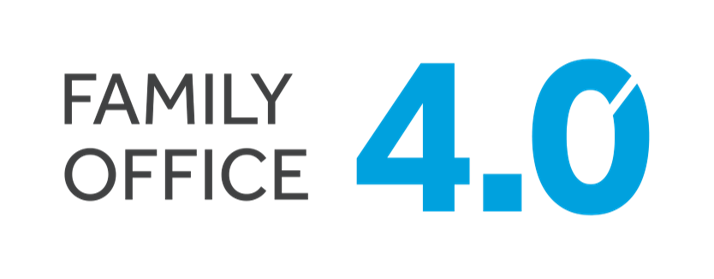Every family is vulnerable to different kinds of risk – personal, financial and business. Insurance against these risks forms a vital part of any sound financial plan for a family office. Payouts from insurance give financial reprieve not only in times of difficulties, but also serve as a liquidity tool in the event of liabilities arising from inheritance/estate taxes and succession planning.
Health, Life & Crisis Management Risks
Families usually acquire adequate cover for health and life risks. Some families also take cover for protection against crisis such as security threats, emergency evacuation and repatriation. Care should be taken to ensure that these insurance policies provide international protection.
In respect of life insurance, the most optimal life cover is provided by term policies. An assured sum is received only if there is a demise during the tenure of the policy. Other types of life insurance offer some benefit even during the lifetime of the policyholder, making it an insurance-cum-investment. But the returns may not always justify the higher premium demanded by such policies.
Financial and Business Risks
Families may face large liabilities in the forms of inheritance/estate tax or other tax claims. Payouts from life or term insurance received by the beneficiaries can shield a family from such difficult personal and financial situations. They need not forcibly sell family assets to meet sudden liquidity needs.
Apart from all the standard operating business risk policies, key-man insurance policies are very popular in family owned businesses. Such policies allow the owners to receive a pay-out upon the death of one of their key employees, enabling them to effectively deal with management succession and business losses.
Tracking Insurance
Insurance companies are strict and particular. The crucial aid provided by insurance in times of need can be availed only if all of the formalities surrounding the policies are in order. Premium payment must be regular and all documents must be properly maintained.
This makes it imperative for a family office to track and monitor its insurance policies pertaining to its various assets, people and nominees all in one place. Your family office system should be able to capture:
- Insurance policy name
- Insurance policy type
- Premium payable including upward or downward revisions
- Sum assured on maturity or devolution
- Date of premium payment
- Date of insurance policy renewal
- Interest or penalty for delayed actions
- Insurance nominee or beneficiary
While forecasting the family office’s cash flows, ensure that cash flows arising out of insurance-related activities are taken into account.
Insurance documents should be stored digitally in a systematic manner alongside the entity to which it pertains. Scheduled periodic reviews of all insurance policies must be in place to check for adequate coverage. Comparing the existing policies with alternatives will also help secure optimum protection against risk at reasonable costs.
Personal Asset Management
Personal assets include investments in physical artefacts such as gold, jewelry, art, horses, vintage cars or an aircraft. These can be bought directly or invested in through a fund. You may purchase them for purely portfolio diversification purposes, or out of personal interest and passion. Or they may have been passed down as heirlooms through your family’s generations. Regardless of the intention, they must be taken care of properly if they are to retain their monetary as well as sentimental value. They need to be protected against theft, fire and any unforeseen circumstances.
Your family office looks after your private wealth like an organized business. Use the same family office to manage your personal assets as meticulously as your business assets.
Tracking Personal Assets
Ensure your accounting and reporting system tracks the following information:
- Date of purchase
- Purchase price
- Location of asset
- Latest market valuation
- Lien on the asset, if any
- Income earned from lending the asset, if any
- Day-to-day maintenance expenditure
- Gain or loss upon sale
Documents pertaining to such assets should be carefully stored digitally. These include purchase receipts, valuation reports and insurance documents. Tracking of the assets’ market value and identification of potential risks should take place periodically.
A documented system for regulated access to and maintenance of all your personal assets should be implemented.
Recording all of your personal assets in this fashion creates an inventory of them, which in turn grants better control.
Key Takeaways:
- Insurance is an integral part of a sound financial plan. It protects against unfavorable circumstances and serves as a liquidity planning tool
- Insurance-related activities need to tracked to be able to obtain the benefit in times of need
- Maintaining a formal inventory of valuable personal assets helps to manage them and preserve their worth
- A family office should have the capability to track such personal instruments and assets.





